
What is disc Herniation?Disc herniation is a condition that may occur due to aging process or an injury. This condition is followed by muscle weakness and persistent back pain. Disc herniation develops when the discs in the spine get damaged. The discs are soft, rubbery pads located between the hard bones that make up the spinal cord. There are 33 bones in the spinal column and the discs act by reducing the friction between the bones and maintaining the flexibility of the spine. Discs are shock absorbers and they allow the beck to bend. With age, these discs wear out and become rigid. It may cause a disc to herniate which means that the central portion of the disc pushes through the outer edge of the disc.
Symptoms of Disc Herniation
Disc herniation may not cause any symptoms for long time. However, symptoms may suddenly appear when disc herniation must be immediately treated. The most common symptom of a herniated disc is localized pain in the back, at the level of the spine affected. Restricted motion of the affected area is also common. Other symptoms associated with disc herniation include the following.
Shooting PainWhen disc herniation presses on the spinal nerves it can cause the nerves to get compressed. This results in severe shooting pain in the distribution of the affected nerve. If it is the spinal nerve that travels to the leg, a sharp shooting pain will be felt from the buttocks down the back of that leg. On the other hand, if pressure is placed on the nerve in the neck, shooting pain will be experienced down the arm.
Pain in LegAn individual with disc herniation may experience sporadic intervals of severe leg pain. The pain is commonly aggravated by prolonged periods of standing. Walking and lying down usually provide relief. Position that reduces the pressure on the herniated disc is the best position to be in to decrease the pain.
Muscle Weakness
Muscles supplied by the pressed nerves can weaken. This can also hinder reflexes and affect the ability to lift and hold objects.
Numbness and TinglingPins-and-needles sensation and numbness are also common in disc herniation. Numbness is usually experienced in the legs and buttocks. Tingling is commonly present in the ankles, thighs or feet.
Bowel and Bladder Problems
Due to severe weakness in the lower extremities, disc herniation can cause loss of bowel and bladder control. There may be severe pain while urinating and numbness in the genital area. This is known as cauda equine syndrome. It requires emergency surgery in order to avoid lethal outcome.
Symptoms of Lumber Disc HerniationDisc herniation in the lower back is known as lumber disc herniation. It is associated with back pain and stiffness as well as numbness in the buttock.


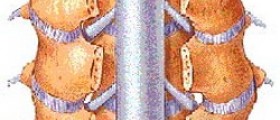
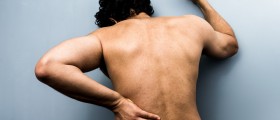
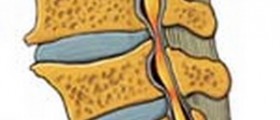
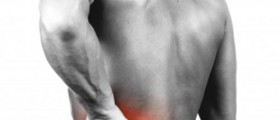
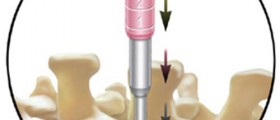
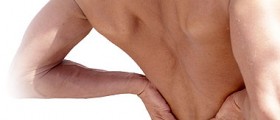
-Causes,-Symptoms,-Diagnosis,-Treatment_f_280x120.jpg)

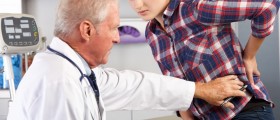
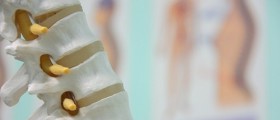
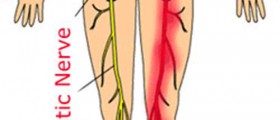

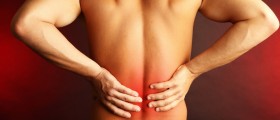
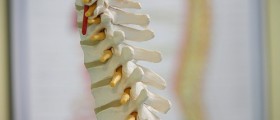
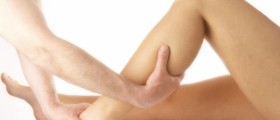
Your thoughts on this
Loading...